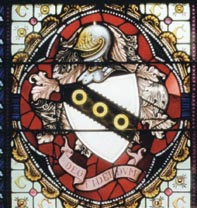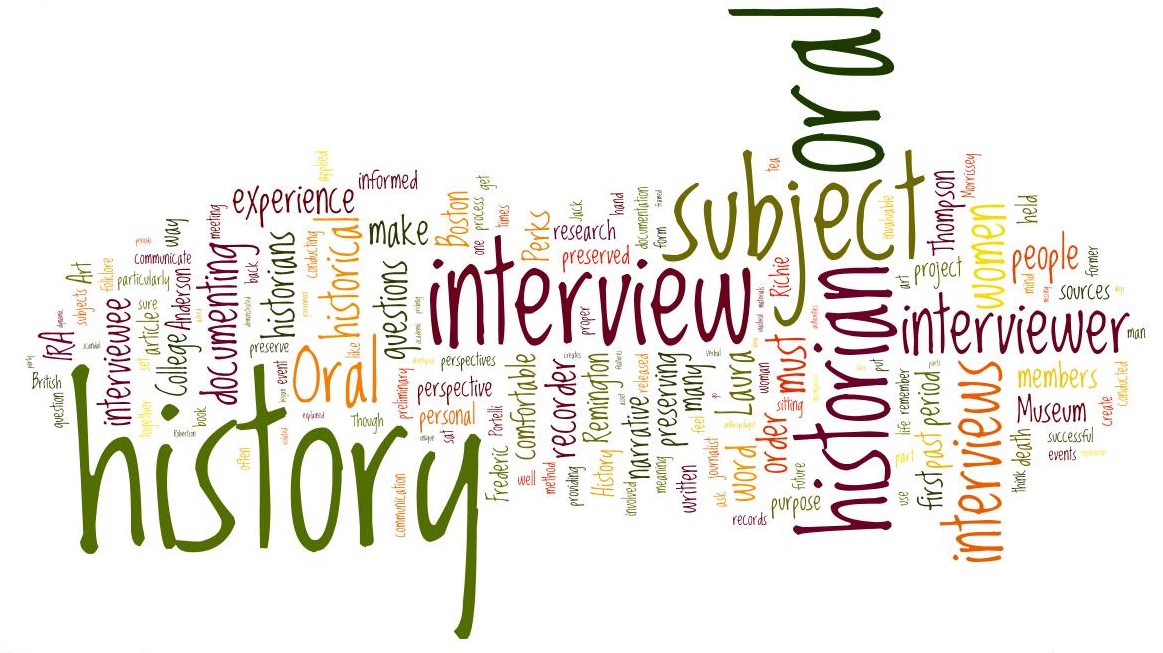

Oral history is a long-standing research methodology, used since the 1940s to collect personal narratives and memories. Since the 1960s, oral history has often been used to collect the stories of peoples whose lives would otherwise remain undocumented; the stories of the pioneering women at Clarkson have never been told before. As Donald A. Ritchie explains in Doing Oral History (2003), “an oral history interview generally consists of a well-prepared interviewer questioning an interviewee and recording their exchange in audio or video format. Recordings of the interview are transcribed, summarized, or indexed and then placed in a library or archives….Recordings, transcripts, catalogs, photographs and related documentary materials can also be posted on the Internet.”
The interviewer asked the interview subjects a series of open-ended questions. All of the interview subjects gave the interviewer their written permission to record and transcribe the interviews and to place the transcripts and audio clips in Clarkson’s library and on the web. They had the opportunity to review the transcripts and make corrections and/ or delete sections, as well as to restrict access to their interviews if they wished.